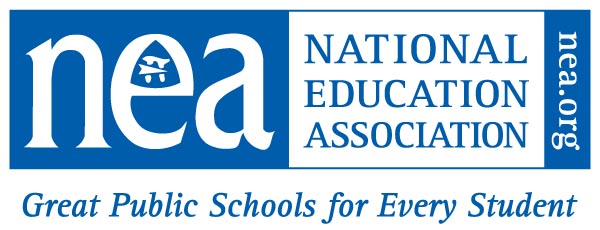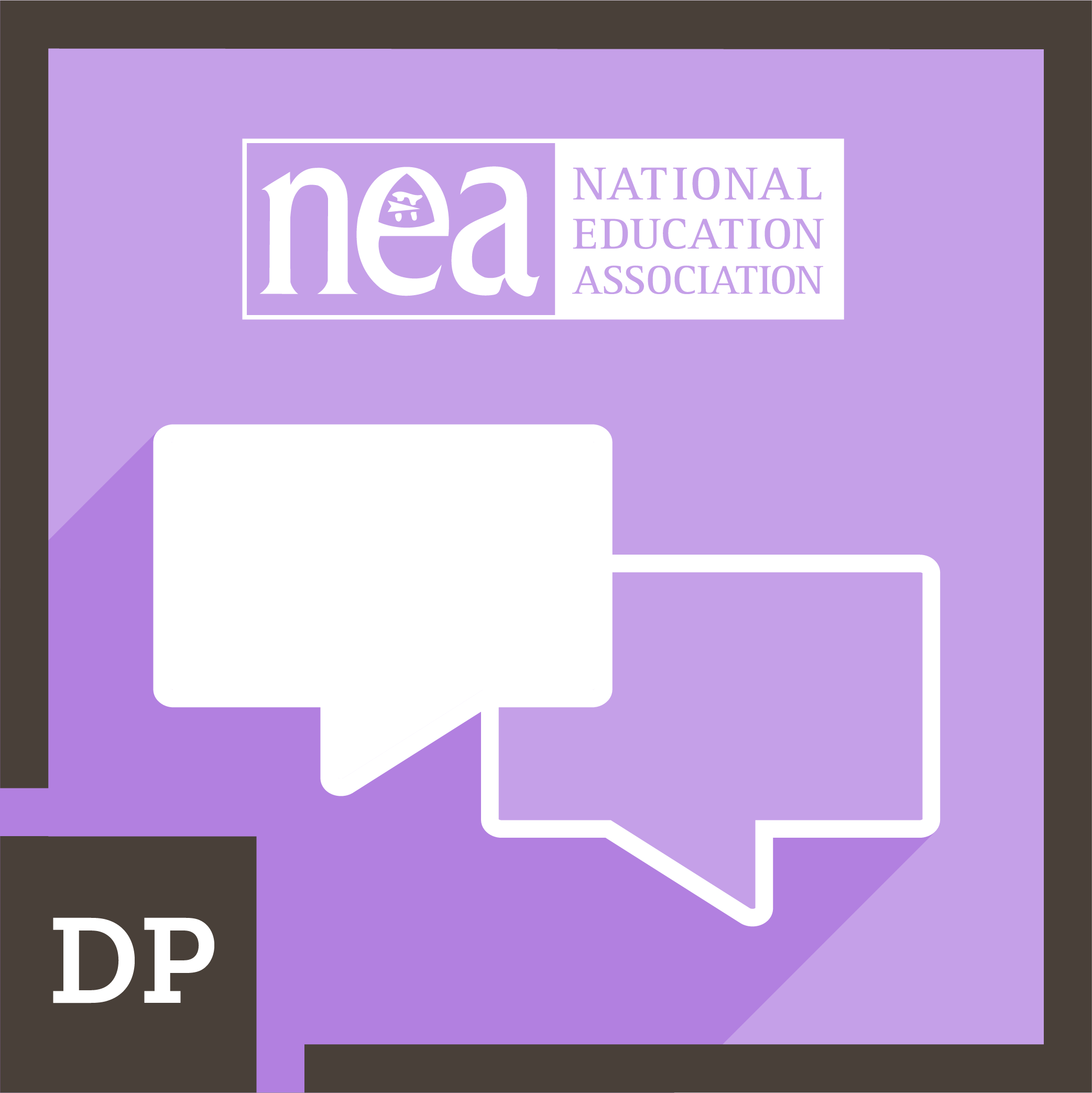ELL Professional Development: NEA Resources

The National Education Association (NEA) offers a number of professional development opportunities and resources for educators of English language learners (ELLs). Here is a summary of some highlights.
Micro-credentials
A micro-credential is a short, competency-based recognition that allows an educator to demonstrate mastery in a particular area. In some states, micro-credentials count as continuing education credits.
NEA offers numerous free micro-credentials on a wide range of topics to its members. These can be completed by individuals or learning groups on their own schedules and who must demonstrate proficiency in the topic to earn the credential. Learn how to get started from these resources:
- What is a micro-credential?
- NEA's micro-credential library
- Micro-credentials: Planning Toolkit for NEA Affiliates
- Infographic: Professional Learning Journey with a micro-credential
- Infographic: How to earn a micro-credential
ELL Topics
 This collection of ELL micro-credentials is designed to help educators understand the complexities of teaching students who are learning English as a new language. Topics include:
This collection of ELL micro-credentials is designed to help educators understand the complexities of teaching students who are learning English as a new language. Topics include:
- Advocating for ELL students and their families at the school level
- Advocating for English Language Learners (ELL) Friendly Local, State, and Federal Policies
- Analyzing Assessments to Support ELL Learning
- Understanding Academic Language
- Understanding Second Language Acquisition (SLA) Stages
- Using ELL Strategies in the Classroom
- Using Formative Assessments to Support ELL Learning
- Using Standards to Plan for ELL Students
NEA edCommunities
NEA edCommunities is a free, online professional community that allows educators to connect and collaborate across interest groups. More than 50 groups currently exist, including ELL groups, and members can start groups on topics of their choice.
Blended Learning Courses
ELL Topics
Teachers of ELLs need to evaluate the reliability of assessments and create appropriate accommodations for their students. With that in mind, NEA’s Blended Learning series will support them through the intentional design, creation, and evaluation of assessment tools for classroom use so that results best reflect content knowledge, as well as language ability of ELLs. Blended learning combines traditional face-to-face meetings with the flexibility of online learning tools.






